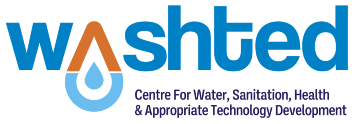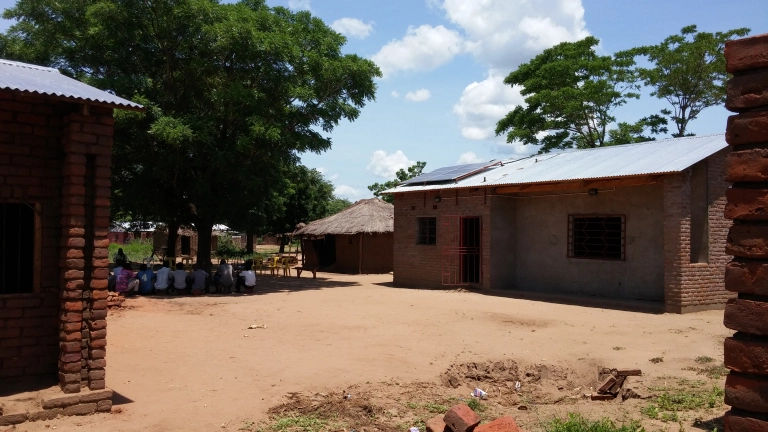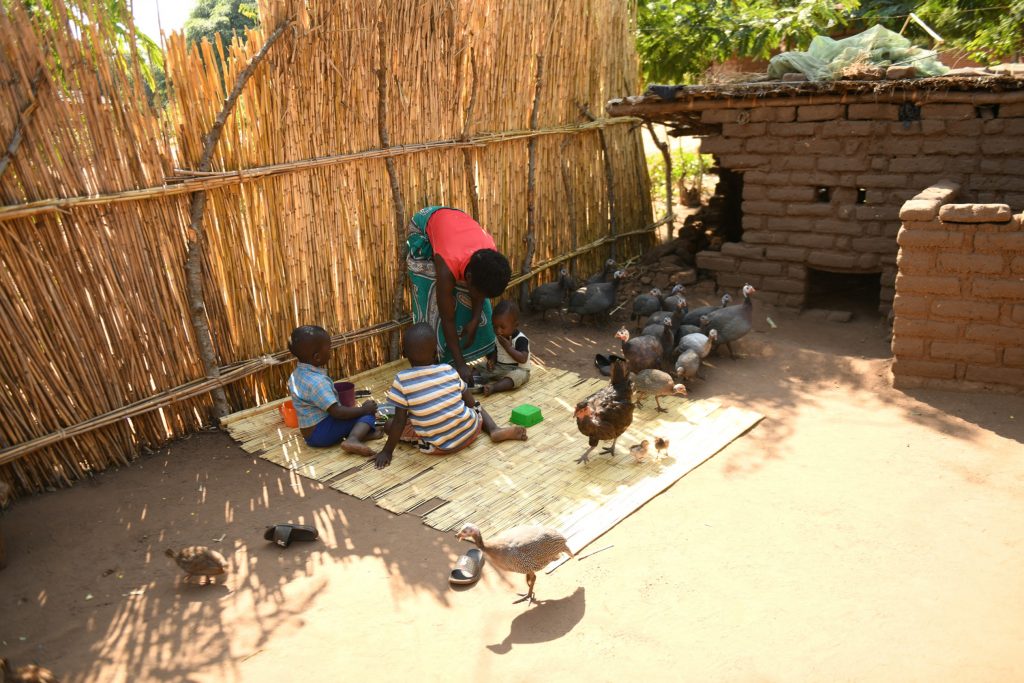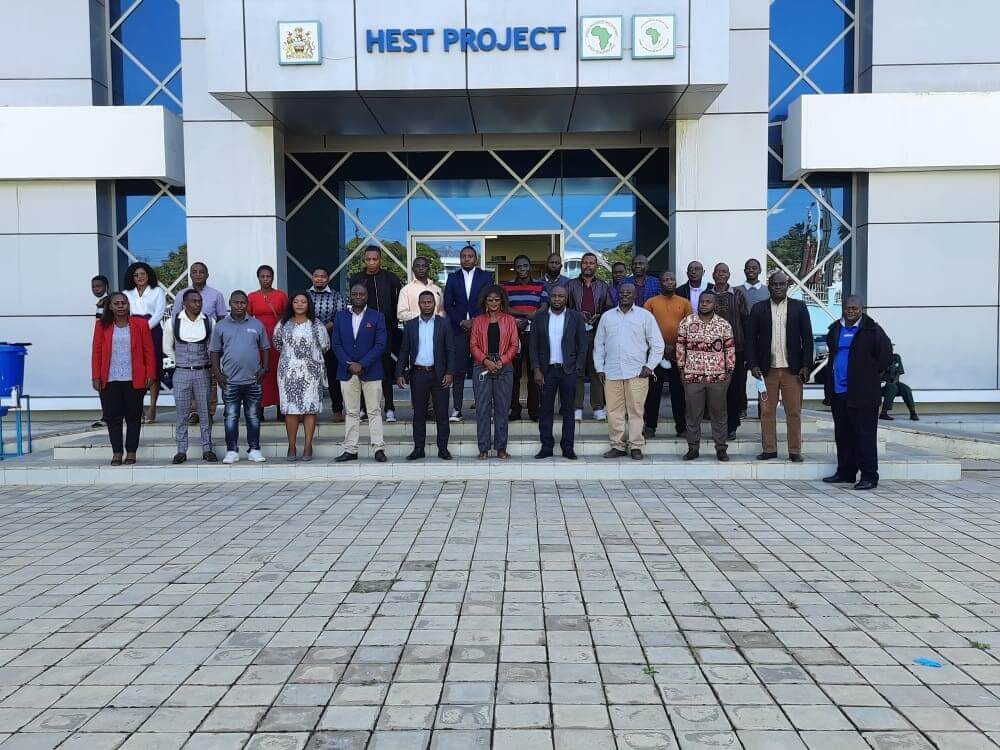With funding from the National Institute for Health and Care Research (NIHR), experts from the University of Strathclyde, Kamuzu University of Health Sciences (KUHESI) and the Malawi University of Business and Applied Sciences (MUBAS) are conducting a research to assess strategies for enhancing adolescent health and well-being in Malawi.
This collaborative effort places a strong emphasis on understanding the lives of young people in both urban and rural settings in Malawi, and we’re working with young people, influencers, parents, and others active in development. To do this, we co-create, test, and evaluate innovative approaches to address identified challenges.
The project, slated to run from July 2022 to July 2026, has secured funding valued at GBP3,000,000. Its primary focus revolves around three key areas:
- Gender, sexual, and reproductive health rights
- Aspirations and well-being, including mental health,
- Water, sanitation, and hygiene
Our work in these areas will be supported by an examination of policy and economic frameworks that are needed to support long-term change.
Challenges faced by the Youth in Malawi
Just as is the case in most low-income countries, adolescence in Malawi is affected by multiple health and well-being burdens that are made worse by poverty, including:
- HIV and other infectious diseases
- Undernutrition
- Gender norms that underpin poor sexual and reproductive health
- Injury and violence
- Non-communicable diseases
Project Goals
This four-year project seeks to understand the psychological, sociocultural, socioeconomic, educational, political, and geographical contexts that influence adolescent health and wellbeing, and to explore how interventions and policies can best support adolescent health and wellbeing in the future.
We aim to achieve the following at the end of the project:
- A decrease in absences from education due to Water, Sanitation, and Hygiene (WASH) issues
- A reduction in risky behaviours related to adolescent fertility.
- The development of strong and realistic aspirations based on mental well-being.
- An improvement in functional literacy and numeracy skills among adolescents
- The creation of a creative, fair, responsive, nurturing, and effective research environment with the aim of achieving positive outcomes in the health, social engagement, and academic success of adolescents, enabling them to fully embrace their opportunities.
For more information on the project click http://new-og.is.strath.ac.uk/research/subjects/civilenvironmentalengineering/nihrglobalhealthresearchgrouponadolescenthealthandwellbeinginmalawi/
For recent updates and progress on the project like our Facebook page: https://www.facebook.com/profile.php?id=100092537144513





